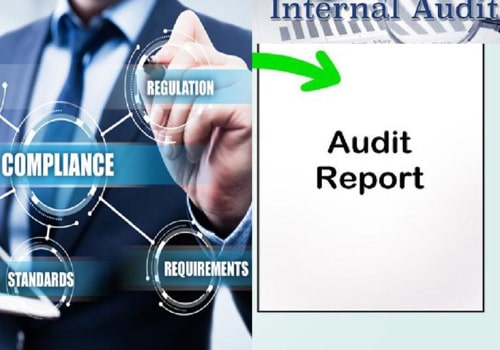Background
Office Audits are conducted in order to check the health of a company’s finances and analyze the organization’s operational efficiency. Internal Audit aims to verify the reliability of information included in financial statements, verification of non-financial information and transactions for accuracy, as well as compliance with an entity’s policies and procedures.
The Internal Audit is an independent function of management, entailing uninterrupted and serious appraisal of the functioning of an entity, especially focusing on possible areas for improvement and how to reinforce and add value to the entity’s corporate governance apparatus.
Categories of Companies in India Required to Undergo Internal Audit
Under the Companies Act, 2013, the following classes of companies have to carry out an internal audit:
- Every listed company;
- Every unlisted public company with paid-up capital exceeding INR 500 million (US$7 million) in the previous financial year;
- Every unlisted public company that has a turnover greater than INR 2 billion (US$28 million) in the previous financial year;
- Every unlisted public company with outstanding loans and liabilities exceeding INR 1 billion (US$14 million) at any point during the previous financial year;
- Every unlisted public company with outstanding deposits exceeding INR 250 million (US$3.5 million) in the previous financial year;
- Every private company that has a turnover of more than INR 2 billion (US$28 million) in the previous financial year; or
- Every private company that has had outstanding loans and liabilities exceeding INR 1 billion (US$14 million) at any point.
Need For Companies to Undergo Internal Audit
- Listed companies and certain unlisted public companies are mandated to conduct an internal audit.
- Internal audits are used to examine the financial and non-financial activities of the company.
- Through internal audits companies are made aware of their compliance status and prospective risks and can take measures to improve efficiency.
Guidelines For Conduct of Internal Audit
The Indian Securities and Exchange Board of India or SEBI has introduced mandatory and recommendatory corporate governance provisions in Clause 49 of the Listing Agreement applicable to only listed companies, wherein Internal Audits need to keep the following in mind:
- Internal Audit to review structure of the internal audit department, personnel recruited, and seniority of the official who shall be heading the department, audit frequency and terms of remuneration of the Auditor (s);
- Internal Audit relating to flaws in internal controls;
- Internal Audit into findings of internal investigations into matters of suspected fraud or irregularity or failure of internal control systems of a significant impact;
- The CEO (Chief Executive Officer) and the CFO (Chief Financial Officer) are mandated to certify to their Board that they accept responsibility for the effectiveness of internal controls, they have disclosed to the auditors / audit committee deficiency (deficiencies) in the operation of internal controls and steps that have been initiated for rectifying the same.
APSPL’s Services in Internal Audit of Foreign Company Office & Operations Analysis
APSPL empanelled Auditors / Audit Experts assist foreign companies in India, to navigate through local compliance rules and regulations which is generally a challenging task in any foreign country of operation. APSL’s Internal auditors assist the management of Foreign Companies with this task by providing a focus on Risk Management and the implementation of rigorous internal controls. Thus these Internal Audits enhance the foreign organization’s capacity to build value by enabling management personnel to take timely financial decisions, make immediate changes to how internal controls are operated – if required, and address any areas of vulnerability.



